
The Food and Drug Administration granted accelerated approval to zanubrutinib for the treatment of relapsed and refractory mantle cell lymphoma.
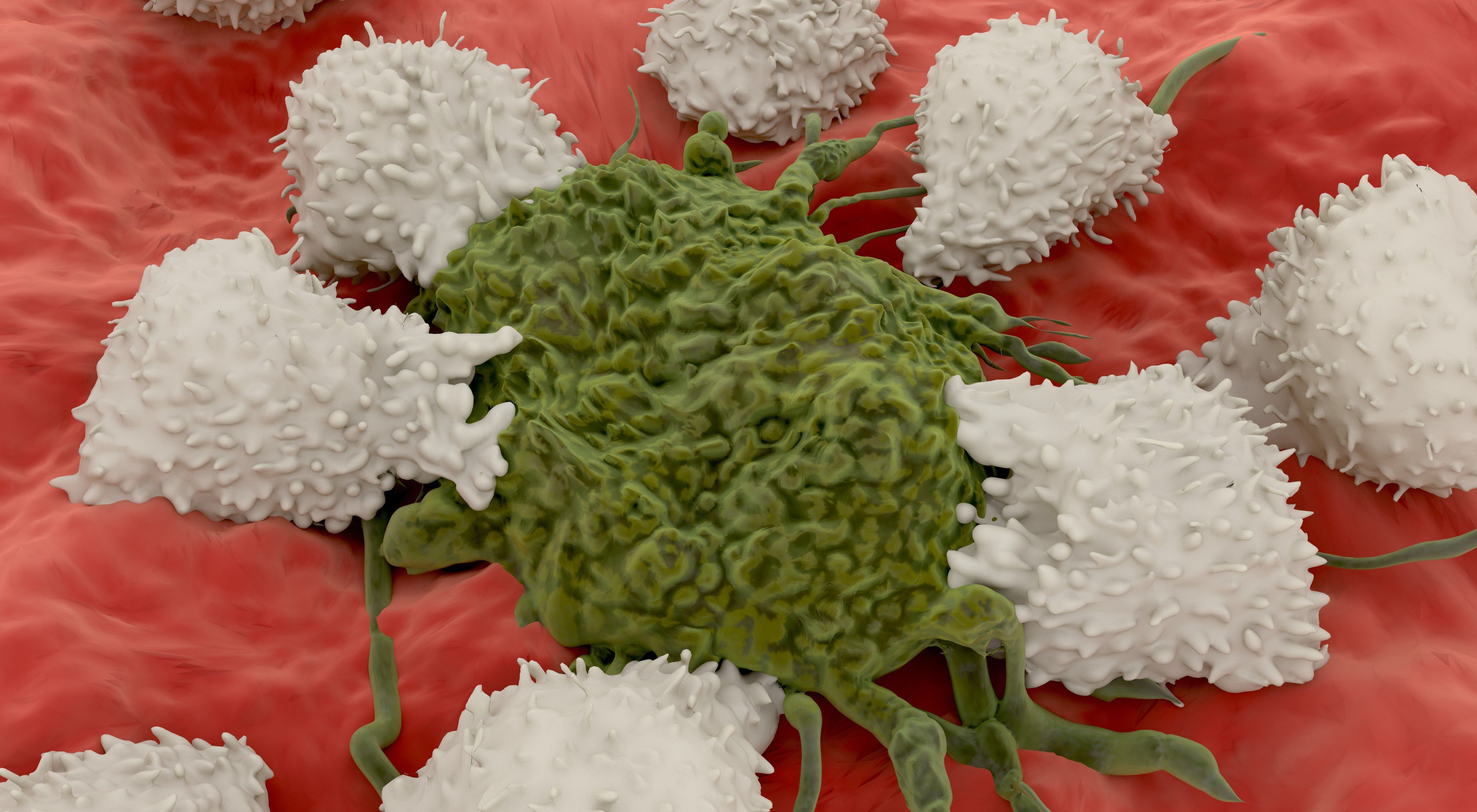

The Food and Drug Administration granted accelerated approval to zanubrutinib for the treatment of relapsed and refractory mantle cell lymphoma.

Elderly patients with AML have long faced limited options for their treatment, but that is no longer the case. However, challenges still remain in the treatment of this patient population.

Precision medicine is sweeping across the cancer care spectrum, and now, experts have their sights set on applying it in MCL.

Any patient with cancer needs a caregiver through the treatment journey, but it's even more vital for patients with cancer undergoing the stem cell transplant process.
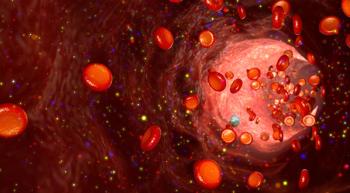
The FDA has granted an RMAT designation for an investigational CAR-T cell therapy used to treat patients with multiple myeloma.

Frahad Ravandi-Kashani, MD, had the chance to discuss the role of MRD in treating patients with hairy cell leukemia.

New research and techniques indicate an easier path forward for identifying hairy cell leukemia.
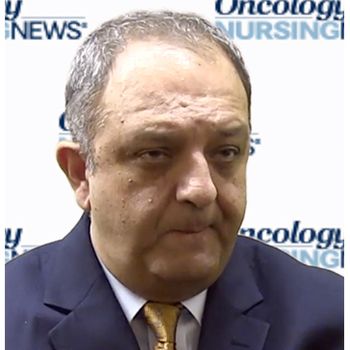
MRD can prove useful in the treatment of patients with hairy cell leukemia who relapsed.

For patients with hairy cell leukemia, it's complications after treatment that can be life-threatening.
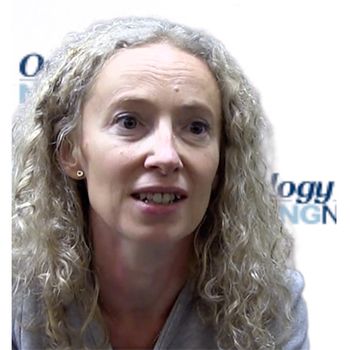
At the 2019 Hairy Cell Leukemia Foundation Annual Conference new findings showed promise in the safety of vemurafenib to treat patients with hairy cell leukemia.
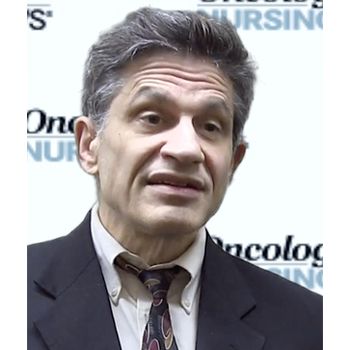
Chemotherapy is often associated with devastating toxicities, but moxetumomab pasudotox appears to be manageable based on the findings from a new trial.

A label update from the FDA has approved a sBLA for romiplostim to include data demonstrating sustained platelet responses in adults with ITP.

A study of patients with chronic lymphocytic leukemia looked into the role of treatment and disease itself in cognitive impairment.

After being diagnosed with essential thrombocythemia, former NHL referee Kerry Fraser did his best to maintain a positive attitude – and he says his oncology nurses played a huge role in that.

When patients with MCL develop resistance to chemotherapy and targeted therapies, experts believe CAR T-cell therapy can step in.

Earlier today, the FDA approved daratumumab, in combination with other treatments, to treat patients with multiple myeloma that are eligible for autologous stem cell transplant.
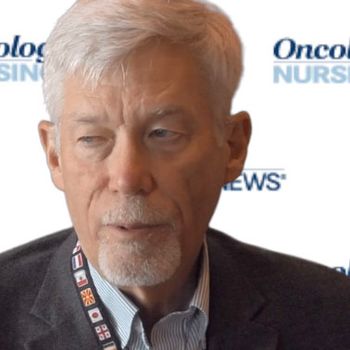
CAR T-cell therapy is changing the landscape of cancer care, but challenges for certain cancer types still remain.

Patients – and their caregivers too – should be key players in their multiple myeloma treatment planning.

Pediatric patients with ALL can expect therapies to help target their disease after they relapse, but experts are looking to combat the disease in the frontline before that.
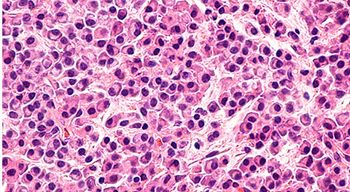
Treating patients with multiple myeloma can be difficult, but in the past several months there have been a large number of promising updates to potential new combinations of treatment.

The Centers for Medicare and Medicaid Services (CMS) announced that it will cover chimeric antigen receptor (CAR) T-cell therapy for Medicare beneficiaries.

This is the first approval for this patient population in nearly a decade.
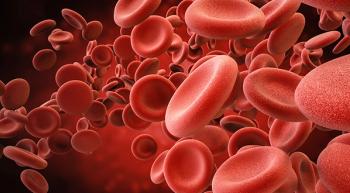
Nurses must understand CAR T-cell therapy and be able to recognize what to do when encountering patients who have received it.

Understanding CLL is important for all oncology nurses, regardless if they specialize in hematologic or solid malignancies.

It is crucial for nurses to be aware of adverse events that can occur in patients who are receiving CAR T-cell therapy, explained one expert.